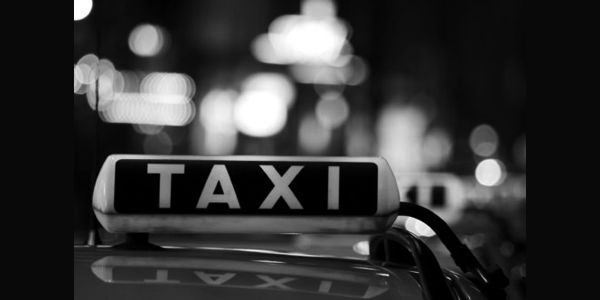An unfortunate reality is that tourists are targets. From the cabby that takes the long way to the hotel to run up the tab to the pickpocket lurking at the popular attraction, tourists are seen as gullible, blind, stupid, rich, and soft targets. They stick out from the locals like a brightly colored ATM machine. In the eyes of the criminal, they are ripe fruit dangling from a low branch just asking to be picked.
I have spent most of my life traveling. Before I could walk, my parents took me, and eventually my siblings, along on every excursion. My travels have taken me across four continents where I have stayed in some of the world’s finest hotels and a few of the worst rattraps where I was too afraid to close my eyes. Over the years I have adopted and developed some common sense safety tips for travelers and hotel and taxi safety for tourists shares these tips.
First and most importantly, do not think your hotel room is safe, private or secure. You should correctly assume anyone and everyone on the hotel staff has access to your room. The larger the hotel means the number of people with access to you and your belongings can be huge. However, that is not to suggest that smaller hotels are any safer, because they are not necessarily any better. Someone on any staff can be paid to look the other way, drop or lose their key to any one room.
Many of the thefts and robberies at hotels are inside jobs, either by staff members themselves or by friends and relatives of staff members. Most commonly you will have things removed from your room while you are gone. However, there will be the rare instances when someone will lay in wait for you when you first enter the room while you have your bags in hand and are distracted. The way this works is the mugger or an accomplice hangs around the front desk and listens for the receptionist to tell you your room number. When he hears the room number, he either rushes to beat you to the room and awaits you inside or he calls his buddy and his buddy does the same thing.

This is why it is a security policy that the Front Desk Attendant never say your room number aloud. The procedure is to say, “Here is your room key, Mr. Jones. The elevators are over there on the right” as he or she hands you your key with your room number written down. Another reason they are not supposed to speak your room number is that if someone overhears your room number and gets your name, they can easily charge food and services to your room. On a recent trip to the British Virgin Islands, someone charged a large volume of drinks to my room from a hotel bar that my wife and I never visited.
When you first enter the hotel room, use one of your bags to hold the door open. The front door is your fastest, and sometimes only, means of escape should something happen. You want it to remain open and clear for a quick retreat. Then scan the room. Check the bathroom, closets, and curtains for lurkers. When all is clear, pull your luggage into the room, close and double-lock the door.
Next, you want to take a quick survey of windows and doors. I cannot tell you how many times I have found windows open and doors to adjoining suites unlocked. Close and lock the windows and doors. Once inside your room, always lock and bolt the front door.
After securing the room as best you can, you should secure your belongings. Remember that everyone on the staff has access to your room, so you should not assume that small items left out on dressers, desks or even stashed in bags will not walk away. Most hotels, especially those with regular international travelers, offer in-room lockboxes for free or a nominal fee (around $15 USD). Use these to store your passports, extra credit cards, and anything small and valuable that you are not going to carry on your person. The few dollars in cost are well worth the investment in peace of mind alone. They are not Fort Knox, but they are huge sight better than the bottom of your suitcase.
If in-room lock boxes are unavailable, the front desk will often provide safety deposit boxes, which provide the exact same service with a little less convenience.
If you are not part of a professionally guided tour group, ask concierge desk where to go. Then, do not wander outside of this region. Many of the historic sites are in old parts of the city that have become run down and may be less safe than you would prefer.
Ask for a price estimate before getting into any cab or taxi. Cabbies should have a pretty good idea of the cost to where you plan to go. Asking the price beforehand establishes a price range that will help prevent you from getting ripped off. Every time I have asked for an estimate before entering a cab, the final price has been within $5. You can also ask the concierge or doorman for an estimate, or at the airport, ask the taxi wrangler. Do not forget to tip the person helping you out! This is especially true if you are going to be in the area for a while.
Finally, only use certified taxis. This may be strange to most Americans, but in a many countries a cabbie is anyone with a car who you can pay to take you somewhere. Ask an airport official, even if it is your airline ticket agent, how to identify a state or government certified taxi driver. You are far safer with a certified taxi rather than with some random person who might drive you to a secluded place where his buddies can rob you.
First published by Tae Kwon Do Times Magazine.



